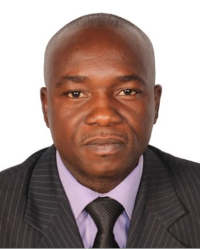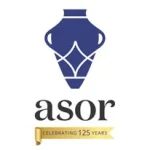
ASOR CHI Symposium
Cultural Heritage Initiatives in Africa Today
Program Schedule
Click on the session links below to view the schedule for each day.
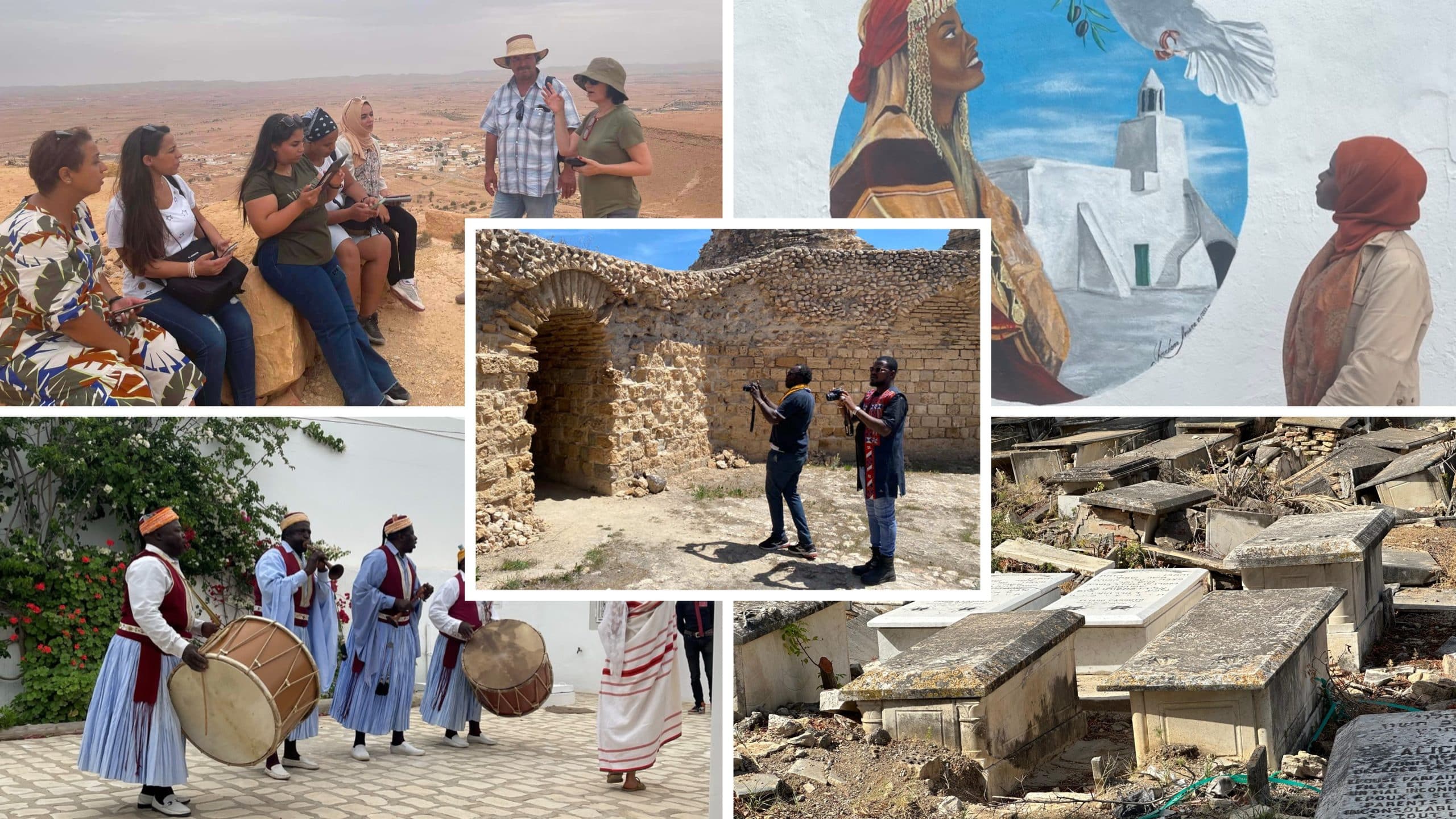
ASOR CHI proudly announces Cultural Heritage Initiatives in Africa Today, a free three-day symposium that highlights the work of local heritage professionals, academics, and civil society organizations to protect, preserve, and promote cultural heritage in North Africa and the Sahel. ASOR welcomes you to attend the symposium via Zoom from April 11–13, which will feature work in Libya (April 11), the Maghreb (April 12), and the Sahel (April 13). Each session will last from 11:00–13:00 EDT.
- No registration is necessary to attend this event. Please return to this webpage on each day of the symposium to access the Zoom link.
- Simultaneous translation in Arabic, English, and French will be provided.
Protecting Libyan Cultural Heritage
THURSDAY, APRIL 11, 2024
11:00 – 12:00 EDT (15:00 – 16:00 GMT) | Presentations (10 minutes each)
12:00 – 13:00 EDT (16:00 – 17:00 GMT) | Moderated Discussions
MODERATORS
Aida M. Ejroushi
American Society of Overseas Research (ASOR)
Ahmad Emrage
American Society of Overseas Research (ASOR)
Geoff Emberling
University of Michigan
Cultural Heritage in Tumultuous Times: Collaborative Engagement at El-Kurru and Jebel Barkal, Sudan
Muftah Ahmed Alhddad
Azzaytuna University & The Department of Antiquities, Libya
A Practical Approach to the Protection of Cultural Heritage Sites Against Anthropogenic Activity in Libya: the Wadi Majer as a Case Study
Ahmed Buzaian
University of Leicester, United Kingdom
Ancient Olive Presses and Oil Production in Cyrenaica (Northeast Libya)
Aida M. Ejroushi
American Society of Overseas Research (ASOR)
Documenting Continuation in Transforming Tripoli’s Historic Center: Changing Bilkhair Neighborhood
Khaled M.A. Elhaddar
University of Benghazi, Libya
The Status of Libyan Archaeological Museums During War and Peace and Ways to Protect Them
Julia Nikolaus
MarEA, Ulster University
Exploring the effects of Climate Change and Coastal Erosion on the Maritime Heritage of Libya
Cultural Heritage in the Maghreb
FRIDAY, APRIL 12, 2024
11:00 – 12:20 EDT (15:00 – 16:20 GMT) | 10-minute Presentations
12:20 – 13:00 EDT (16:20 – 17:00 GMT) | Moderated Discussions
MODERATOR
Ratiba Rigalma
Ibn Zohr University, Morocco
Awatef Bahroun
University of Manouba, Tunisia
The Imperiled Jewish Cemetery of Soliman (Tunisia) Facing Disappearance
Jamel Eddine Ben Saidane
Carthagina, Tunisia
Documenting Endangered Heritage as a Tool for Connecting Tunisian Minorities
Lassaad Dandani & Nawel Drissi
University of Manouba, Tunisia
Cemeteries of the Jewish Minority in Tunisia: Between Heritage Conception and Tourism Employment: The Finalization of an Interactive Map of Jewish Cemeteries
Jamal Maghiouzi
American Society of Overseas Research (ASOR)
Towards Heritage Preservation and Intercultural Dialogues
Abdelkarim Ouguinaz
High Atlas Foundation, Morocco
Preserving Morocco’s Tangible Heritage: Condition Assessment and Mapping Efforts by the High Atlas Foundation and the American Society of Overseas Research
Ratiba Rigalma
Ibn Zohr University, Morocco
The Suitcase Museum Experience in Morocco
Assia Sabri, Ibtissem Sabri, & Belgacem Guemri
Laboratory Douiret, Tunisia
The Amazigh Heritage within ASOR’s project in Tunisia
Safouane Tlili
Carthagina, Tunisia
Ibadi Mosques on the Tunisian island of Djerba: A Legacy on the Way to Extinction
Cultural Heritage in the Sahel
SATURDAY, APRIL 13, 2024
11:00 – 12:20 EDT (15:00 – 16:20 GMT) | Presentations (10 minutes each)
12:20 – 13:00 EDT (16:20 – 17:00 GMT) | Moderated Discussions
MODERATOR
Jean-Paul Koudougou
International Council of Museums (ICOM) Africa
I – Heritage Management during Insecure Times
Issouf Balima
IKAM Burkina
Insecurity, Challenges and Current Perspectives about the Heritage of the Sahel
Aboutou Konate
AESPAT, Mali
Training in Documenting the Threatened Heritage of Communities in Mali
II – Roles of Cultural Associations in Preserving Heritage
Kadiatou Sow
AESPAT, Mali
Raising Community Awareness and Documenting Threatened Cultural Heritage in the Commune of Minidjan in Mali
Boureima Teme
Association Dogon Initiatives (ADI), Mali
The Efforts of the Dogon Initiatives Association for the Documentation and Preservation of the Cultural Heritage of Mali
Rahina Balarabé
Oralité Plus, Niger
Oralité Plus’ Cultural Heritage Work in Niger
Pierre Guindo
Mission Culturelle Bandiagara, Mali
Mission Culturelle of Bandiagara (Mali): Work on the Bandiagara Cliffs (Mali) in Partnership with ADI and ASOR
III – Safeguarding and Preserving Heritage through Community Action
Maki Garba
Culture, Art et Humanité (CAH), Niger
The Valorization and Revitalization of Traditional Cultures and Skills in Niger: The Case of Practical Transmission of Women Potters from Boubon
Kientega Pingdewindé Gérard
Koombi Culture, Burkina Faso
Role and Place of the Blacksmith in the Society of the Mossé in Burkina Faso
Speakers / Presenters
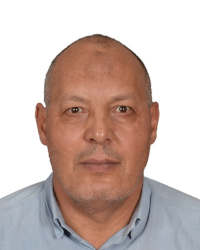
Dr. Mftah Alhddad is Professor of Archaeology and Ancient History at Azzaytuna University in Tarhuna, Libya. He received his doctorate in Archaeology from the University of Leicester in 2010. In 2012, he became the first director of the Libyan Department of Archaeology’s Documentation and Digitization Centre for Cultural Heritage. He has since been involved in a number of collaborative projects between DoA and foreign archaeological missions and institutions, including EAMENA, Training in Action, and Partnership for Heritage.
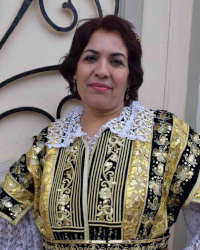
Awatef Bahroun is a heritage consultant and curator of the Leader Habib Bourguiba Museum. She is also a doctoral student, researching the Jewish community of Nabeul and its affect on the Jews of Cap Bon.
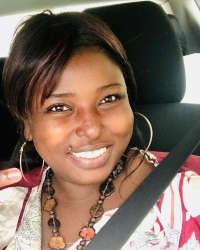
Rahina Balarabé, born in Niamey, Niger, Ms. Balarabé fell in love with storytelling at a very young age. In 2007, she made her stroytelling debut and by 2008 had founded her theater company. She currently leads the artistic and cultural organization, Oralité plus.
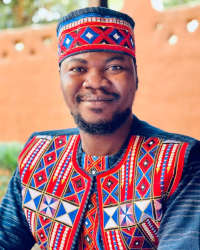 Issouf Balima works with IKAM Burkina Sarl, a non-profit specializing in training in cultural entrepreneurship (Maaya), management, and cultural administration. IKAM serves as a resource center for the cultural and creative industries in Burkina Faso.
Issouf Balima works with IKAM Burkina Sarl, a non-profit specializing in training in cultural entrepreneurship (Maaya), management, and cultural administration. IKAM serves as a resource center for the cultural and creative industries in Burkina Faso.
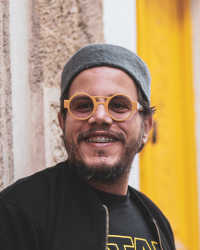
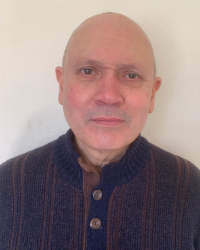
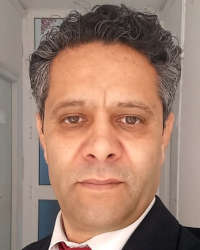
Lassaad Dandani is Assistant Professor at the Higher Institute of Heritage Professions of Tunis. He holds a PhD in Contemporary History. He researches tourism and heritage in Tunisia and the Maghreb. Author of several articles on the history of tourism in Tunisia, he recently published a book on “Automotive Tourism in Tunisia.”
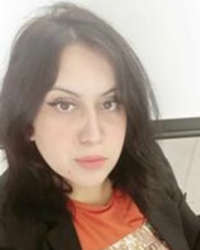
Nawel Drissi, a University teaching assistant at the Faculty of Letters, Arts, and Humanities, Manouba. A PhD researcher ( final year) in American Politics and International Relations. I hold a master degree in American Foreign Policy from Leicester University, UK. I am also a UNESCO peace ambassador.
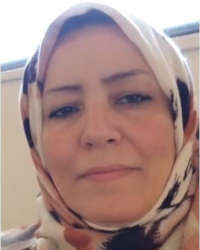
Dr. Aida M. Ejroushi, an architect from Libya, obtained her doctoral degree in Land Use, Planning, Management, and Design with a specialization in historic preservation from the College of Architecture at Texas Tech University. Dr. Ejroushi’s research revolves around historic preservation planning, planning history, international planning and development, critical theory, uneven development, and Science and Technology Studies. She examines the intersection between historic preservation and urbanization.
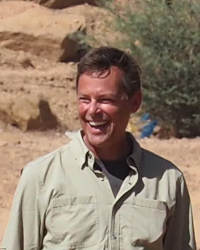
Geoff Emberling is an archaeologist and museum curator specializing in the Middle East and North Africa. Since 2016 he has worked with a team of Sudanese and international archaeologists and conservators to engage communities in education and preservation of the UNESCO World Heritage site of “Gebel Barkal and Sites of the Napatan Region” in northern Sudan. This work has spanned a popular revolution, a military coup, and now a civil war in Sudan.
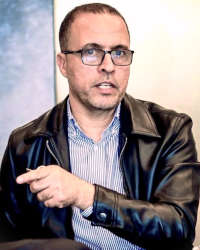
Dr. Ahmad S. M. Emrage is an associate professor at the Department of Archaeology, Faculty of Arts, University of Benghazi’s. He holds a BA and an MA in Archaeology from University of Benghazi. In 2014, he completed a PhD at the School of Archaeology and Ancient History, University of Leicester, The UK.
During the 2019–20 academic year, Emrage held a Fulbright Fellowship to teach courses on Libyan cultural heritage at Oberlin College (Ohio, USA).
As ASOR’s representative for heritage activities in Libya, Dr. Emrage manages ASOR’s cultural heritage grants and activities in Libya.
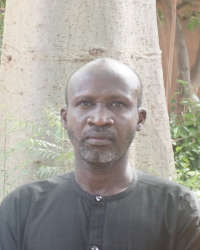
Maki Garba holds a Professional Master’s degree in Cultural Heritage Management from Senghor University of Alexandria, Egypt. He is president and founder of the Culture, Art and Humanity Association (CAH). Garba works for cultural heritage on associative and public lands in Niger. Garba coordinates several projects in the fields of culture, development and social cohesion in Niger through the Cultural Diversity Portal: https://niger.spla.pro
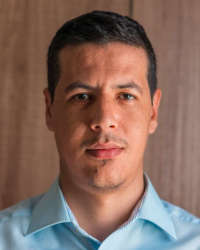
Belgacem Guemri is a mechanical engineer and freelance photographer, who is interested in methods and techniques for documenting and preserving cultural and civilizational heritage.
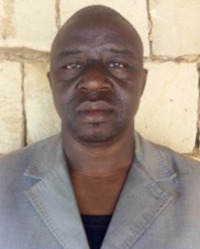
Pierre Guindo was born in Nombori (Bandiagara) in Mali. He holds a Master’s degree in History-Geography from the Ecole Normale Supérieure of Bamako-Mali obtained in 1999, and a Diploma of Advanced Professional Studies (equivalent to a Master II) in Cultural Heritage Management from the Senghor University of Alexandria in Egypt obtained in 2005.
Professional therefore in the field of cultural heritage, after two years of service in the world of NGOs, he has worked and continues to work for the preservation and promotion of cultural values at the level of the Cultural Mission of Bandiagara where he is manager, holding the position of head of department since 2013.
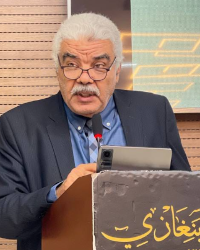
Dr. Khaled el Haddar is Associate Professor of Archaeology at the University of Benghazi in eastern Libya. Since the Libyan revolution of 2011, he has played an instrumental role in documenting and raising awareness about the illicit trafficking of Libyan cultural property. In 2022, the Libyan Historic Cities Authority published his book, The Missing Benghazi Treasure: a Documentary Study, detailing the disappearance of the significant archaeological collection that had been housed in the National Trade Bank in Benghazi.
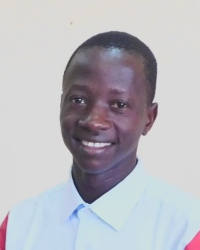
Aboutou Konate is a graduate with a Masters in Culture and Development from the University of Social Sciences and Management, Bamako, Mali. Currently, Mr. Konate serves as an archaeologist and instructor for the Faculty of History and Geography at the University of Social Sciences and Management, as well as an ASOR Local Coordinator Consultant in Mali as part of the Cultural Heritage Initiatives in the Sahel.
Jean-Paul KOUDOUGOU. Trained as a historian, multimedia communicator and cultural heritage management consultant, he has benefited from a series of high-level training courses in cultural heritage management. He has held several senior positions in the field of museum management and has a good knowledge of African museum policies. He is the President of the ICOM Africa Regional Alliance (ICOM-Africa) and Consultant for ASOR.
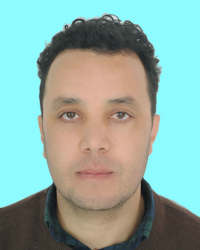
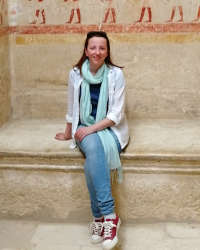
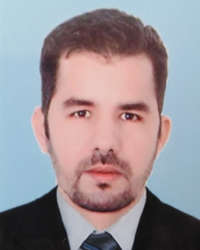
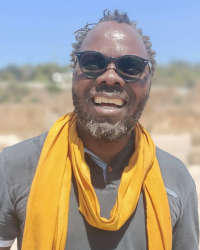
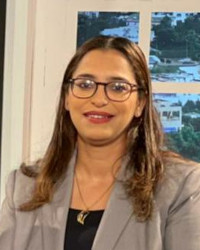
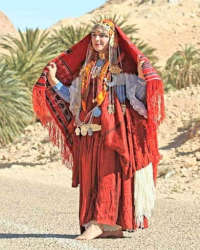
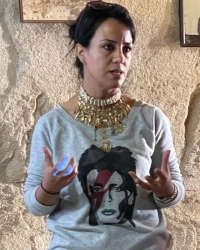
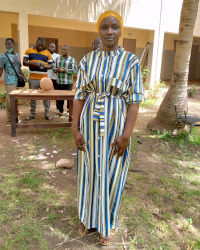
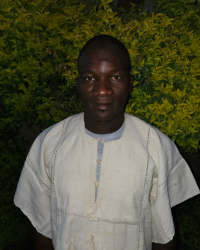
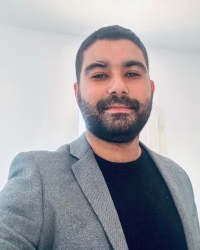
Latest Posts from @ASORResearch
Stay updated with the latest insights, photos, and news by following us on Instagram!
American Society of Overseas Research
The James F. Strange Center
209 Commerce Street
Alexandria, VA 22314
E-mail: info@asor.org
© 2025 ASOR
All rights reserved.
Images licensed under a Creative Commons Attribution-NonCommercial-ShareAlike 4.0 International License
